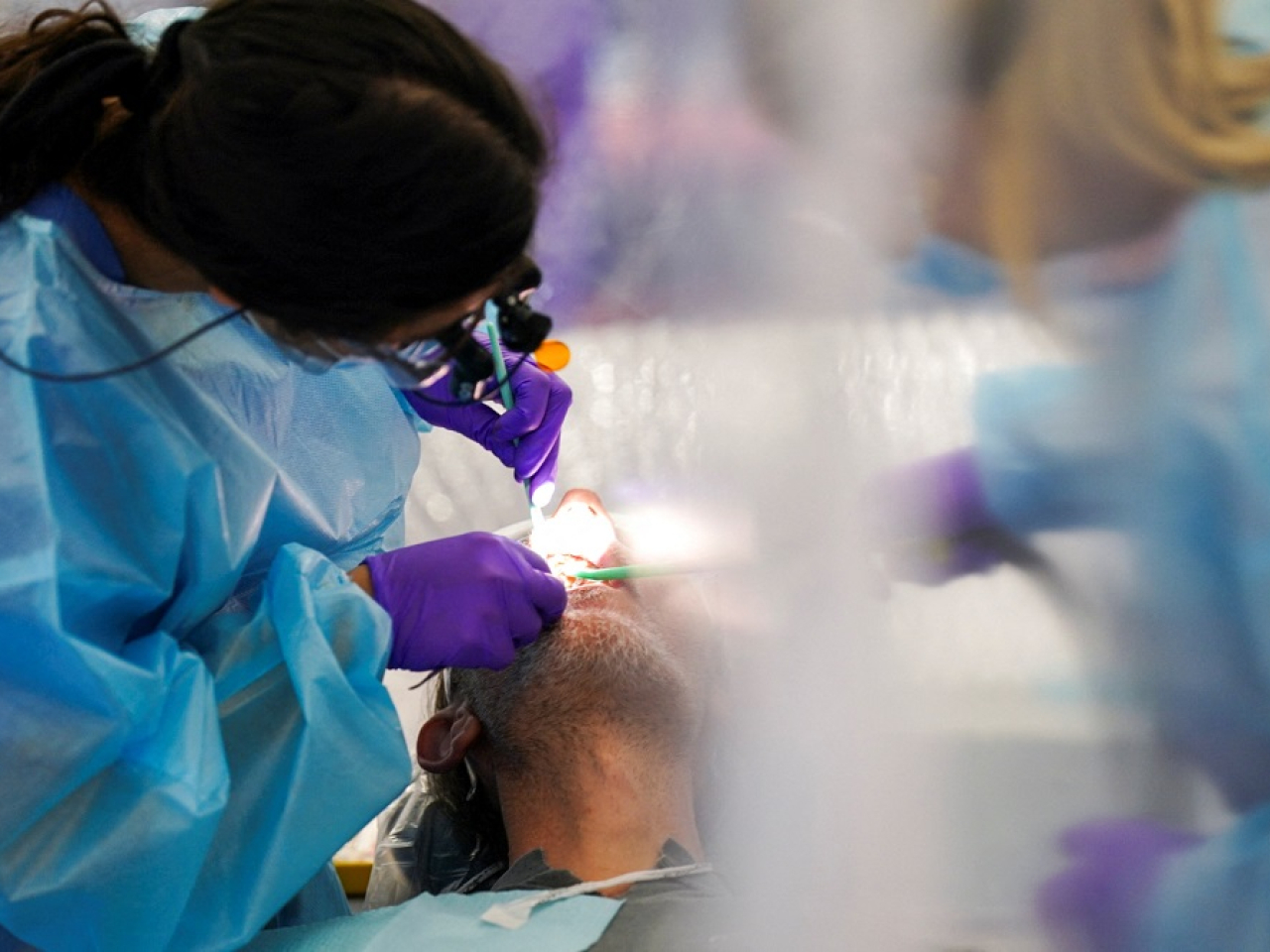Multiple countries called on Monday for a worldwide ban on mercury-based dental amalgams by 2030, at a meeting of signatories to a treaty on limiting the toxic metal.
"It's inexcusable that governments around the world still allow mercury-based compounds in healthcare – and safe alternatives exist," said US Health Secretary Robert F Kennedy Jr.
In a video message to the conference in Geneva, Kennedy asked why mercury was deemed "dangerous in batteries, in over-the-counter medications and make-up," but acceptable in dental fillings.
The World Health Organisation considers mercury one of the top 10 chemicals of major public health concern, calling it "toxic to human health."
Some countries have already banned its use in dental amalgam, a common filling material for treating tooth decay used for more than 175 years.
The Minamata Convention on Mercury is an international treaty to protect human health and the environment from the adverse effects of mercury and mercury compounds.
More than 150 countries are party to the convention, which was adopted in 2013 and came into force in 2017.
It stipulates that signatories must take measures to phase out the use of mercury-based dental amalgams.
However, a bloc of African countries want to go further, with a ban on their production, import and export, starting in 2030.
They have submitted a draft amendment to the convention, to be examined at this week's conference on the treaty.
Opening the debate, Burkina Faso's representative said that in less-wealthy countries, "there is insufficient – or even a complete lack of – infrastructure" for dealing with mercury waste.
A few countries opposed the African proposal, including Britain, Iran and India.
Britain's representative said 2030 was "too soon," and despite "strong environmental reasons for reducing our global reliance on dental amalgam," the cost and longevity of alternatives should be a factor in any decision to phase out mercury use. (AFP)





